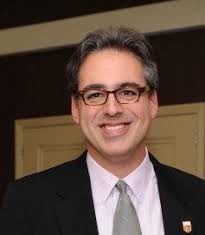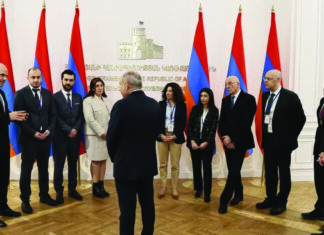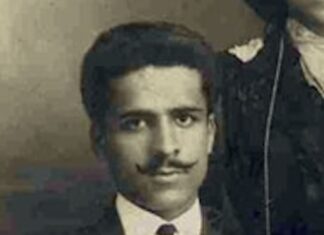WASHINGTON — The Armenian National Institute (ANI) mourns the passing of human rights activist Elie Wiesel (1928-2016), and recalls one of the most vocal opponents of the crime of genocide. Holocaust survivor, author, and Nobel Peace Prize winner, Wiesel evoked the compelling authority of a victim who triumphed over his oppressors by writing and speaking about the importance of remembrance and prevention. His works became the voice of the millions of Jewish victims of Nazism and racism that raged across Europe when Wiesel was a young man and which destined him to a concentration camp.
Wiesel’s powerful denunciation of denial as a form of double killing of the victim introduced a critical concept in understanding the problem and legacy of genocide and played a major role in appreciating the dilemma of Armenian Genocide survivors and their descendants who were confronted with the implacable policy of the Turkish government. By challenging denial and upholding the importance of memory, Wiesel created new bridges between the Jewish and Armenian communities in the United States, France, and elsewhere.
Wiesel, who served as the first chairman of the United States Holocaust Council appointed by President Jimmy Carter, approved the recommendation to include reference to the Armenian Genocide in the U.S. Holocaust Memorial Museum. He was among the 126 prominent signatories, all Holocaust scholars, holders of academic chairs, and directors of Holocaust research and studies centers, who in 2000 “signed a statement affirming that the World War I Armenian Genocide is an incontestable historical fact and accordingly urge the governments of Western democracies to likewise recognize it as such. The petitioners, among whom is Nobel Laureate for Peace Elie Wiesel, who was the keynote speaker at the conference, also asked the Western Democracies to urge the Government and Parliament of Turkey to finally come to terms with a dark chapter of Ottoman-Turkish history and to recognize the Armenian Genocide.”
In 2000, Wiesel voiced his strong support for the Armenian Genocide resolution during the 106th Congress. In a letter to then International Relations Subcommittee on Human Rights and International Operations Chair Chris Smith (R-NJ), Wiesel stated: “It is my hope that the House will go on record calling upon the President to make sure that all U.S. officials dealing with human rights are educated about the memory of the Armenian Genocide.” Wiesel explained that the hate which drove the Ottoman Empire to kill Armenians and the Nazis to murder Jews is still present in today’s world. “Violence is the language of those who can no longer express themselves with words,” Wiesel added.
In 2007, the Elie Wiesel Foundation for Humanity issued a statement signed by 53 Nobel Prize laureates that called for the opening of the Turkish-Armenian border, civil society cooperation, increased official contacts, and an improvement in basic freedoms, noting that “Turkey should end discrimination against ethnic and religious minorities…Turks and Armenians have a huge gap in perceptions over the Armenian Genocide.” To address this gap, we refer to the 2003 “Legal Analysis on the Applicability of the United Nations Convention on the Prevention and Punishment of the Crime of Genocide to Events which Occurred During the Early Twentieth Century,” corroborating findings of the International Association of Genocide Scholars.
More recently Wiesel joined as co-chair with actor George Clooney for the Aurora Prize for Awakening Humanity Selection Committee. The new award annually bestowed in Yerevan, Armenia, “on behalf of the survivors of the Armenian Genocide and in gratitude to their saviors is granted to individuals whose actions have had an exceptional impact on preserving human life and advancing humanitarian causes.”








